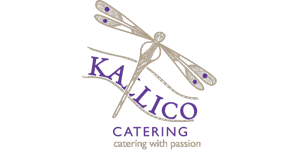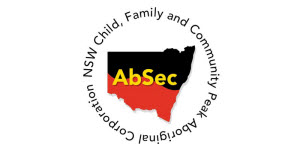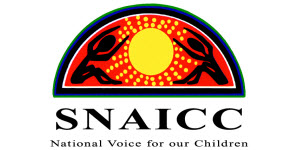How COVID-19 is increasing the ‘digital divide’
The effects of the COVID-19 pandemic on our Aboriginal and Torres Strait Islander community are far-reaching, with members of our community disproportionately affected physically, psychologically and socially.
A recent report by World Vision Australia and The Australian Literacy and Numeracy Foundation (ALNF), Connecting on Country: Closing the Digital Divide for First Nations students in the age of COVID-19 (‘the report’), has explained how our children and young people are also suffering from an increasing ‘digital divide’ during COVID-19.
What is the ‘digital divide’?
The report describes the digital divide as the “gap between those who can access and use modern information and communication technology… and those who cannot.” (World Vision Australia, 2021).
The digital divide is about more than just access to reliable internet access, computers and mobile phones – it is a symptom of the socio-economic, geographical and cultural disadvantages that our people face. This divide hinders and can even prevent access to information, online learning, telehealth, social connection and much more.
Aboriginal and Torres Strait Islander peoples face key barriers to effective digital and online access and participation, which include internet affordability and coverage, access to devices, digital literacy and internet data stability.

How COVID-19 is widening the divide
The COVID-19 pandemic is rapidly increasing our already heavy reliance on digital technologies.
Almost all industries and sectors have had to adapt to online service provision, including education, health services and community services.
This reliance on online services has only exacerbated the inequalities experienced by Aboriginal and Torres Strait Islander peoples, with one in four households without internet access, and a greater proportion of household income spent accessing the internet than non-Aboriginal households.
The geographic isolation of many in our regional and remote communities, as well as the lack of infrastructure and socioeconomic disadvantage (including lower digital literacy), even further hinders those communities.
Persistent educational disadvantage
The closure of school-based learning during the pandemic and the shift towards online learning will likely further increase the gap in educational outcomes, with our children and young people much more likely to experience challenges in home-based online learning because of this digital divide.
Equitable access and participation in education are essential to not only bridge the gap in educational outcomes, but to address the many other challenges our communities face, including disproportionate incarceration rates, secure employment and compromised health and wellbeing.
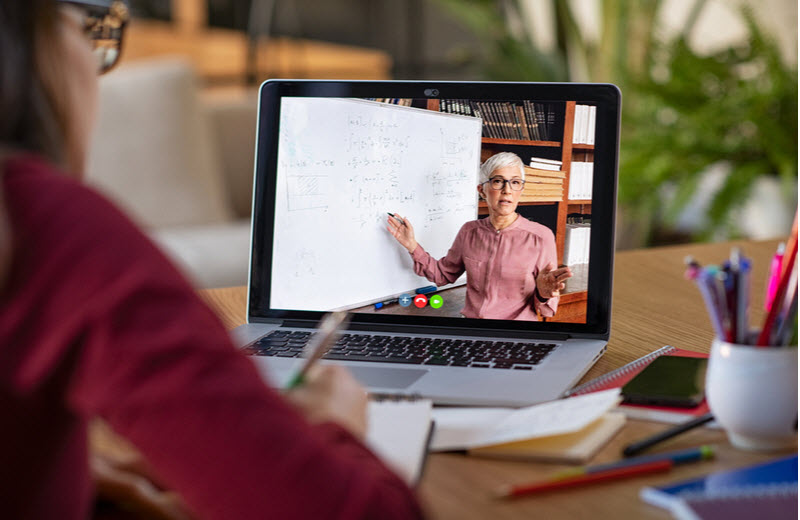
The COVID-19 pandemic has shed a light on the inequality that already exists in online access and highlighted the systemic issues that need to be addressed urgently.
Closing the digital divide
The report has urged both the public and private sectors to share the responsibility for closing this digital divide.
Investing in 5G networks to expand internet coverage, speed and reliability in our remote communities is essential.
In order to encourage this investment, the Government can provide incentives or potentially subsidise the private sector, and implement strategies for the corporate sector to donate unused digital assets or to contribute to closing the digital divide.
Mitigating the digital access affordability issues is also of paramount importance. The report outlines several suggestions for the Government, including stimulus support, subsidies, direct provisions of digital devices and low-cost network options.
Professor Tom Calma AO, an Aboriginal elder from the Kungarakan tribal group and member of the Iwaidja tribal group in the Northern Territory, is the co-chair of the ALNF. While he strongly supports the recommendations of the report, he urges that it is imperative they are supported by a comprehensive strategy aimed at closing the digital divide.
“Digital delivery and access are key determinants of both education and health, and non-access is significantly and detrimentally impacting on Aboriginal and Torres Strait Islander peoples — irrespective of where they live,” Professor Calma said.
Narang Bir-rong’s device donation drive
At least 200 children within the Narang Bir-rong network are currently without laptops, iPads or computers, preventing them from participating in online learning during the COVID-19 lockdowns in NSW.
Support from our community is essential, so we are urging anyone with available working laptops or iPads to please donate to the children in our care. We are also seeking Wi-Fi dongles that they no longer use.
Working in partnership with H2 Tech, a local IT company, Narang Bir-rong will wipe these computers if needed and prepare them so that they are safe and functional for the children to jump straight on to.
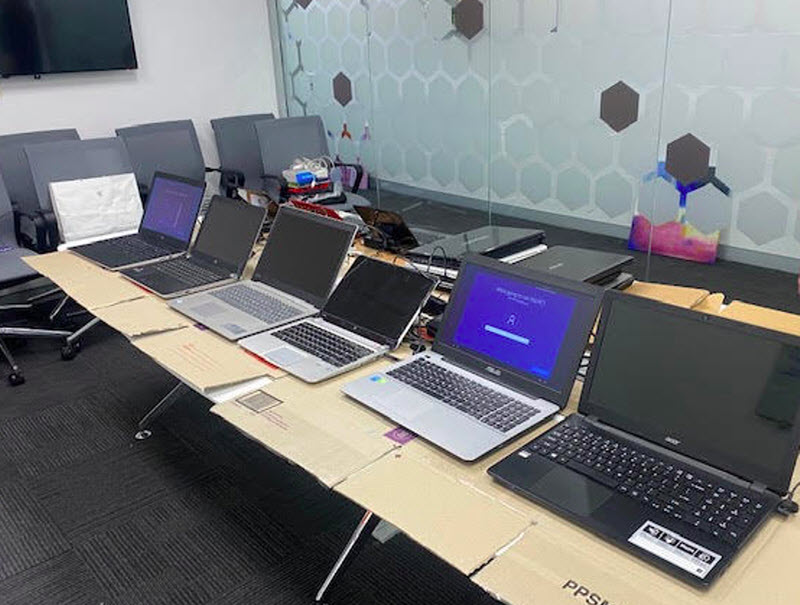
With some of our children in foster care and others in our family support programs, these children have already experienced more disadvantage than most in their lifetimes. And the lockdown is only exacerbating many of the issues our children and their families are facing, including an increase in rates of alcoholism, and domestic and family violence.
Not only will these devices allow the children in our network to participate in online learning, but they will enable our team to communicate with them and ensure they are safe.
Without this ability to communicate and support these children and young people, the level of risk becomes much higher. We truly believe the safety of our children and young people is everyone’s responsibility.
If you can help, please get in touch with the team at Narang Bir-rong. We can answer your questions, arrange collections and talk you through the process.
Supported by




